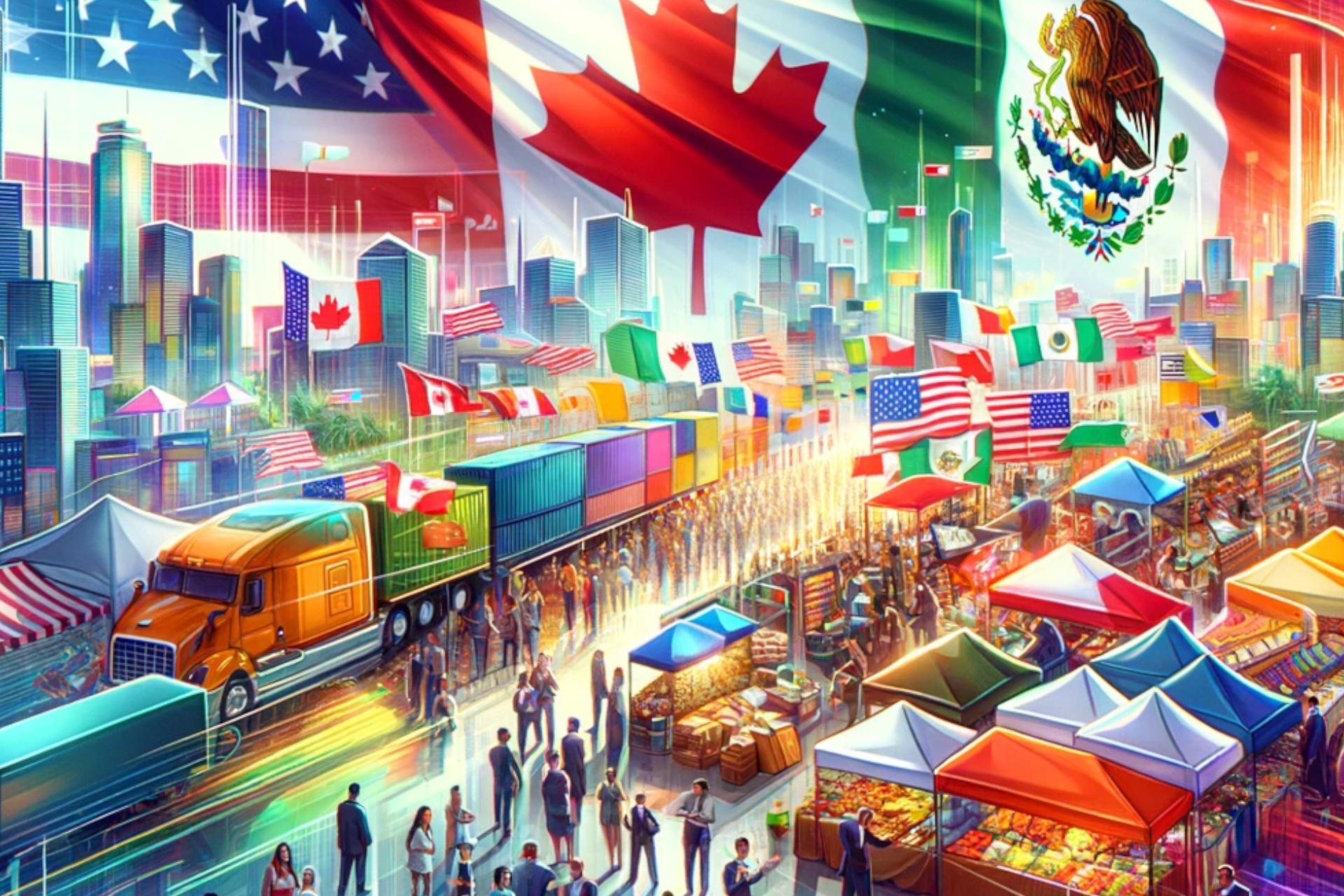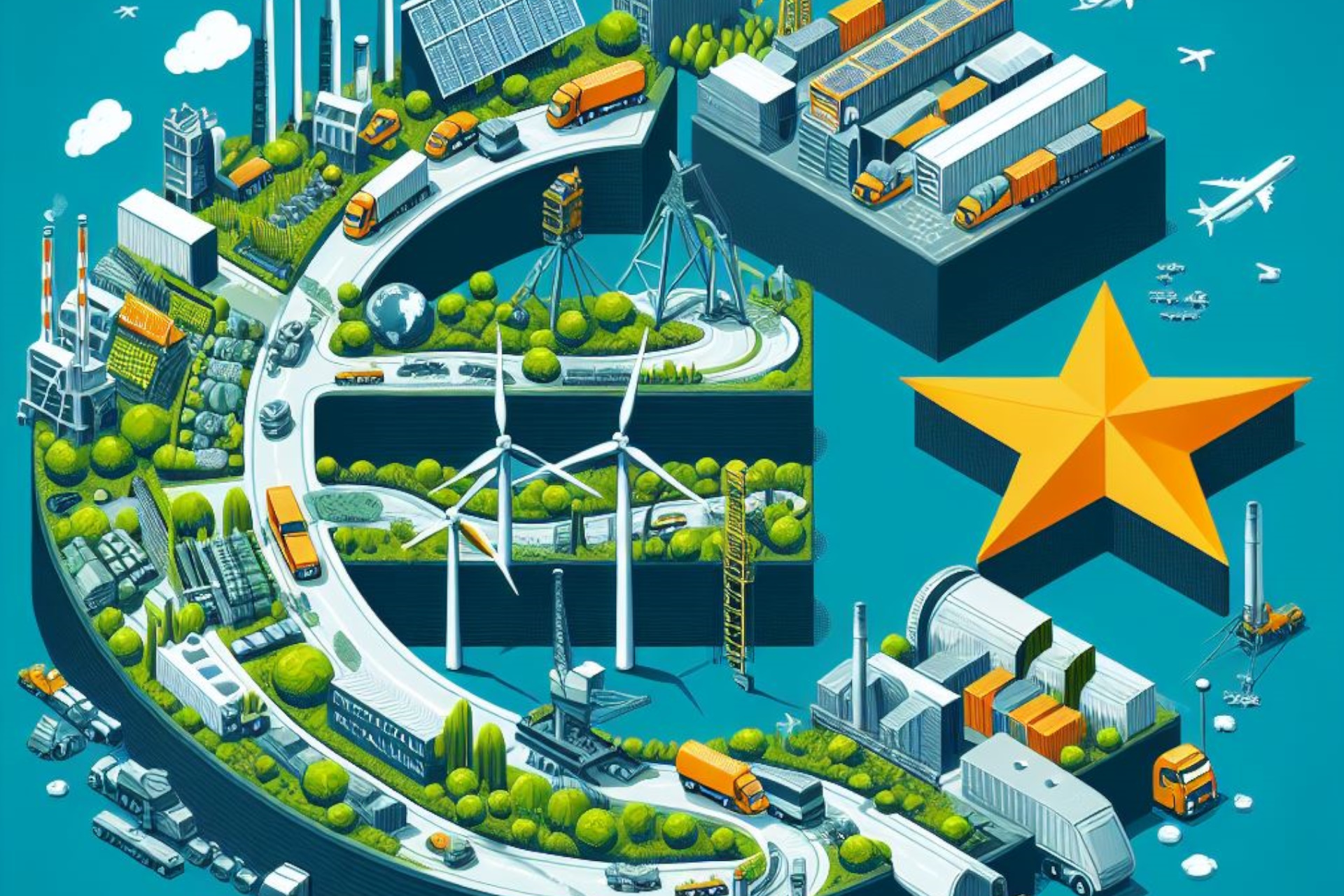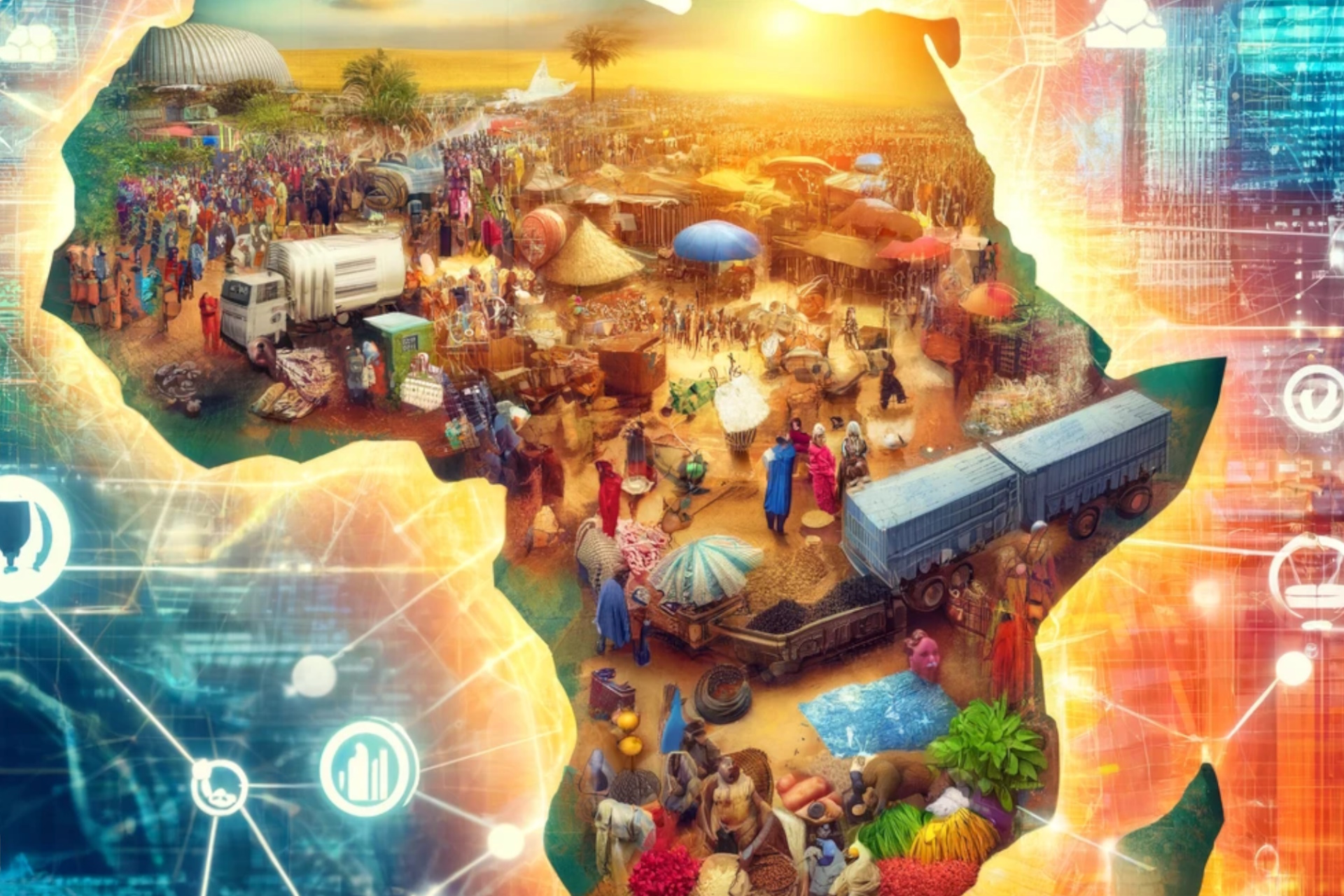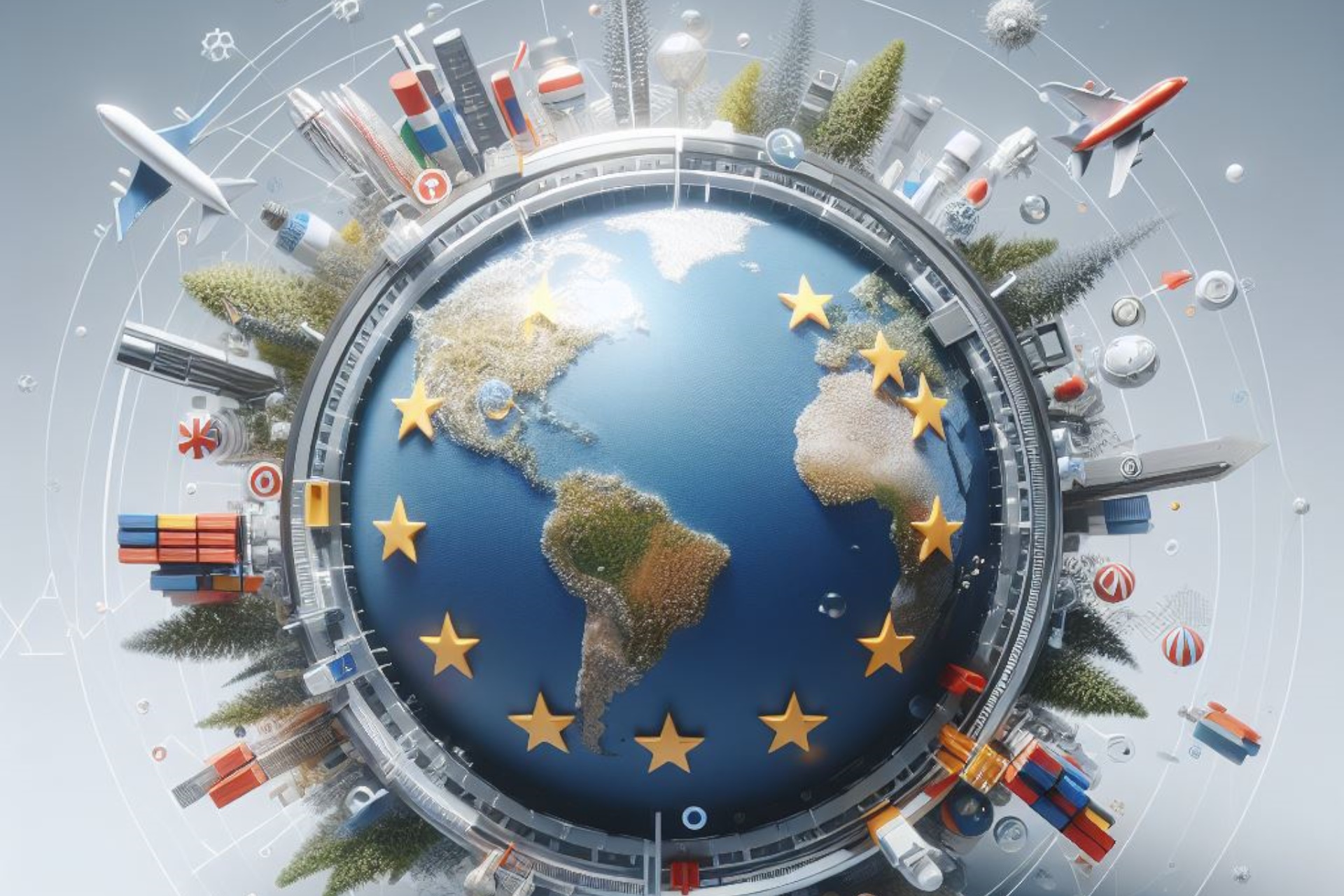Challenging protectionism and embracing international trade is the path to unlocking the true value of global economic cooperation. By fostering international commerce, nations can stimulate economic growth, foster innovation, enhance consumer choice, and create synergistic partnerships. Free trade empowers developing nations, reduces poverty, and promotes sustainable development. Let us celebrate the positive impact of international trade, reject protectionism, and work towards a future where the benefits of an interconnected global economy are embraced, enabling us to collectively overcome challenges and build a prosperous and inclusive world for all.
Stimulating Economic Growth
International trade stimulates economic growth by expanding market opportunities and driving productivity gains. When countries engage in free trade, they can tap into a vast global market, unlocking opportunities for businesses to grow, create jobs, and generate wealth. By removing barriers such as tariffs and quotas, nations promote healthy competition, which encourages innovation, efficiency, and overall economic development. International trade acts as a powerful engine, propelling nations towards higher levels of productivity and sustained economic growth.
Fostering Innovation and Technological Advancement
International trade fosters innovation and technological advancement by facilitating the exchange of ideas, knowledge, and expertise. When countries engage in trade, they gain access to a wealth of diverse perspectives, practices, and technologies from around the world. This exchange of knowledge and innovation spurs creativity, fuels research and development, and drives technological progress. By embracing international trade, nations can tap into global networks, collaborate with experts, and leverage cutting-edge technologies, paving the way for transformative breakthroughs and enhancing their competitiveness on a global scale.
Enhancing Consumer Choice and Affordability
International trade enhances consumer choice and affordability by providing access to a wide range of goods and services from different regions. When countries engage in free trade, they remove barriers that restrict the flow of goods, enabling consumers to enjoy a diverse array of products. International competition promotes efficiency and cost-effectiveness, resulting in lower prices and improved quality for consumers. Free trade empowers individuals and families to access a broader range of goods at competitive prices, improving their standard of living and enhancing their overall well-being.
Creating Synergistic Global Partnerships
International trade creates synergistic global partnerships that foster collaboration, understanding, and peaceful relations among nations. By engaging in trade, countries develop interdependencies that incentivize cooperation and promote dialogue. Shared economic interests create opportunities for diplomatic negotiations and resolution of conflicts through peaceful means. International trade builds bridges and fosters connections, nurturing a sense of interconnectedness and global community, ultimately leading to a more harmonious and prosperous world.
Empowering Developing Nations and Reducing Poverty
International trade plays a pivotal role in empowering developing nations and reducing poverty. By embracing free trade, these nations can leverage their comparative advantages, promote economic diversification, and accelerate their development trajectory. International trade provides opportunities for small and medium-sized enterprises (SMEs) in developing countries to participate in global value chains, access new markets, and create jobs. The resulting economic growth and poverty reduction contribute to sustainable development and improve the quality of life for people in these regions.
Read more views

















































































